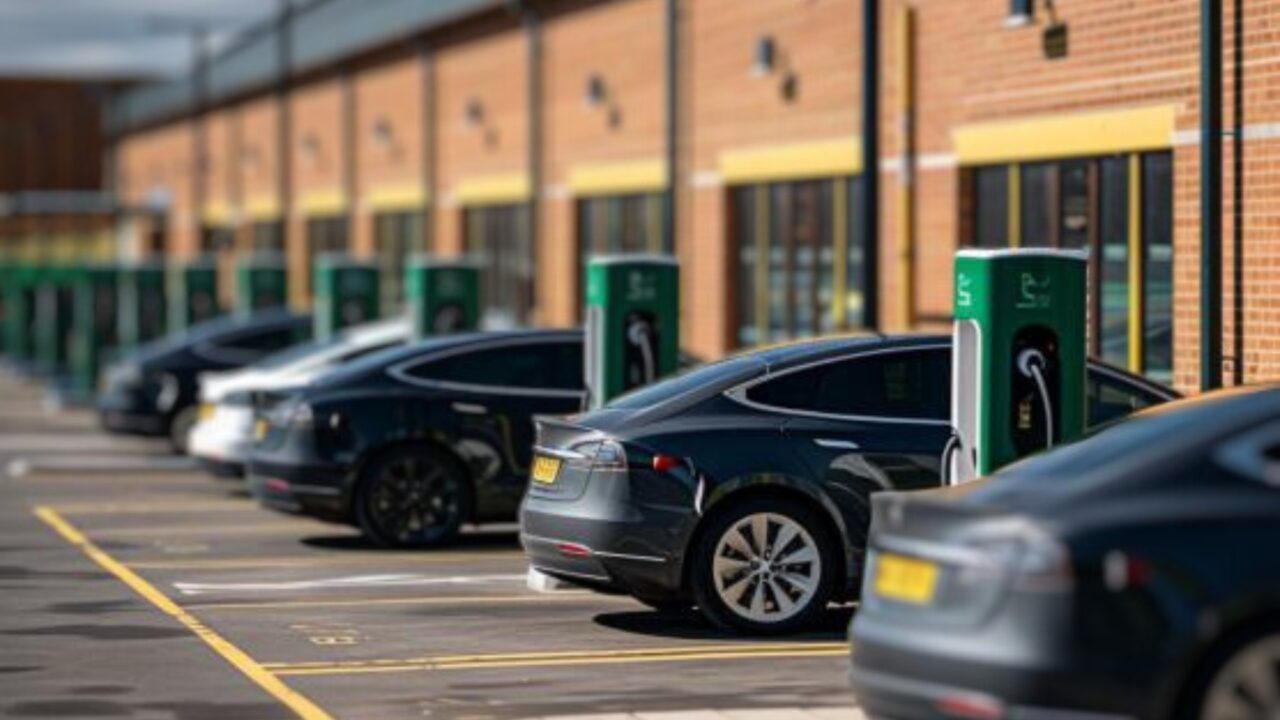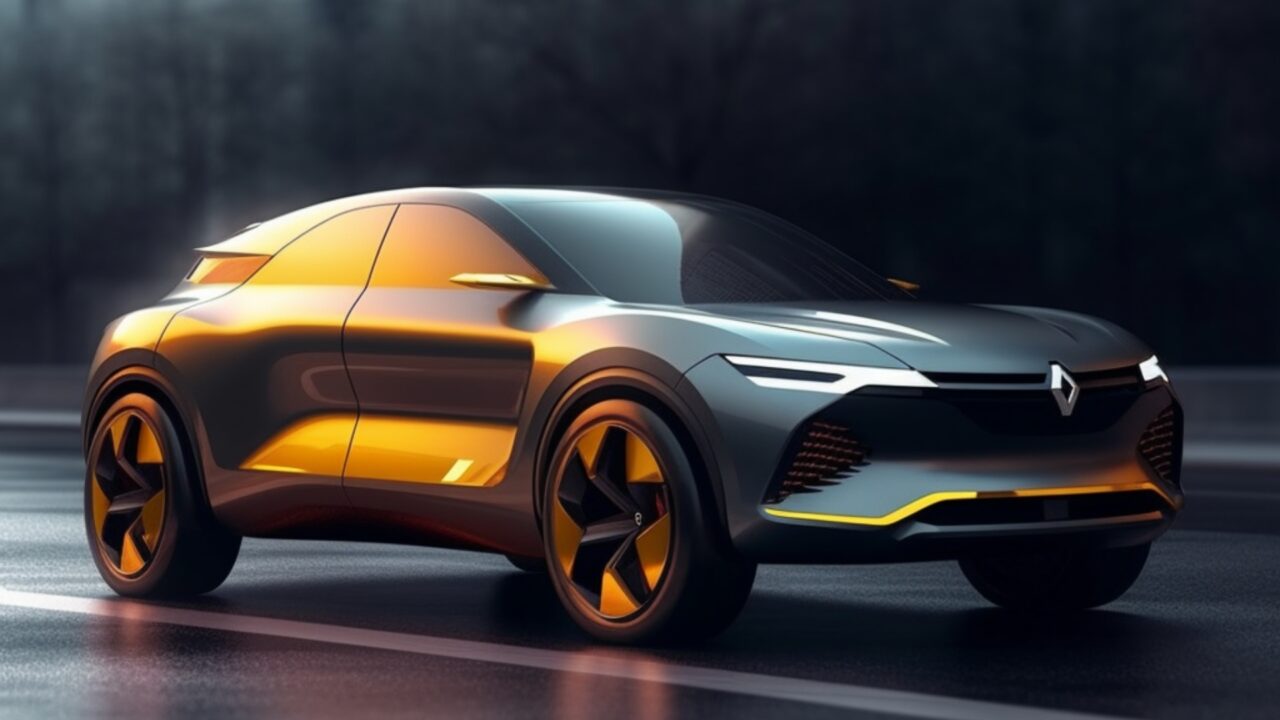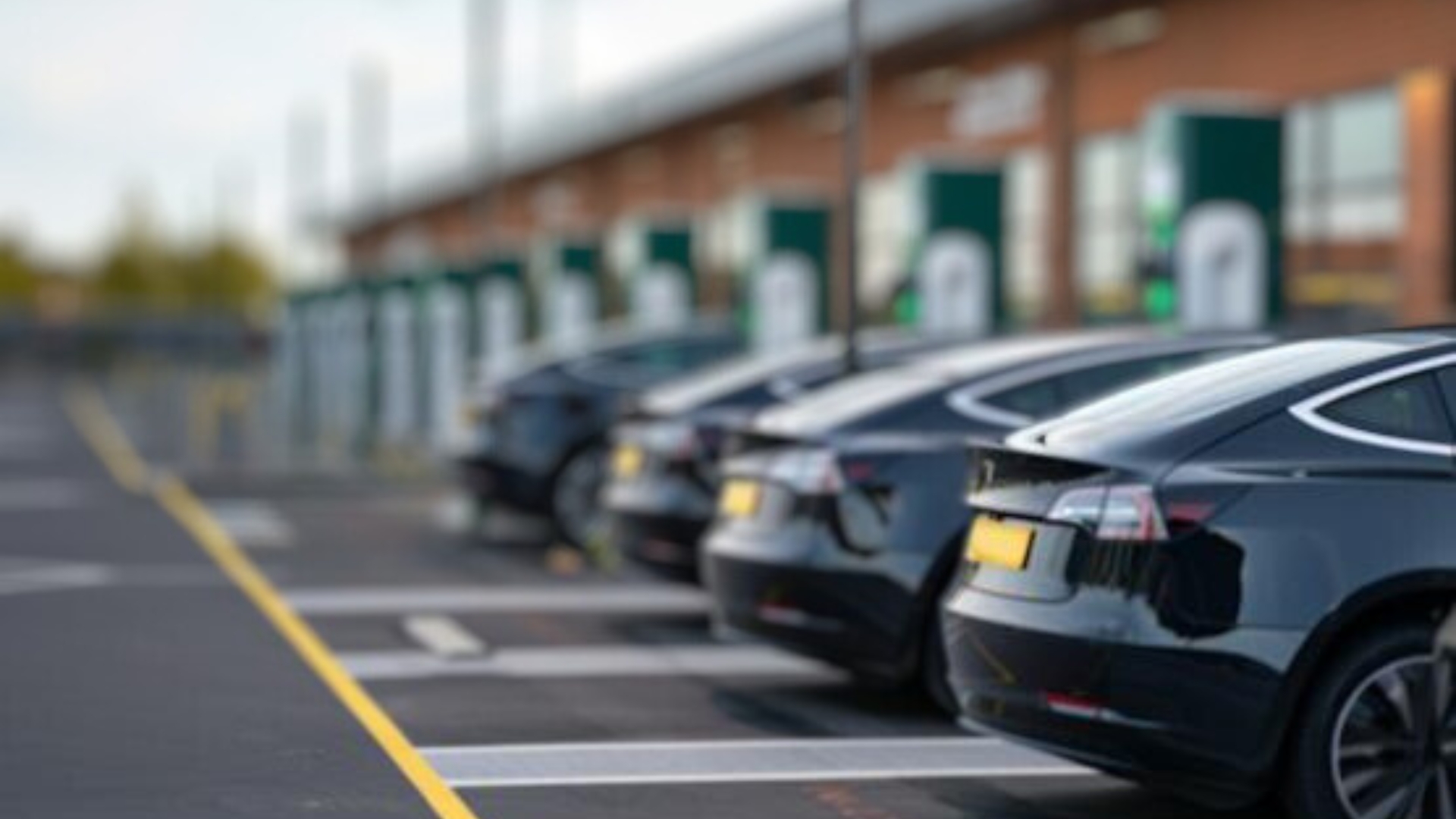Ultra-rapid EV charging remains more cost-effective than petrol, Morrisons petrol stations to develop EV charging hubs, Renault’s decision to cancel the Ampere EV listing, and Volkswagen’s ongoing battery strategy.
Ultra-rapid EV Charging Remains Cost-Effective Compared to Petrol
According to the AA, the cost to charge using ultra-rapid electric vehicle charging, especially during off-peak hours, remains more cost-efficient per mile than petrol, despite recent drops in fuel prices.
By the end of last year, the cost per mile for using an ultra-rapid charger off-peak was 12.8p per mile, lower than the 13.5p per mile for petrol. The AA’s EV Recharge Report indicates that flat-rate charging costs have risen slightly, but EV charging still offers good value for EV drivers. The report’s detailed analysis compares various charging speeds and their costs, highlighting the financial benefits of EV charging over traditional petrol usage.
Despite fluctuations in public charging rates, the variations have been relatively modest compared to petrol pricing dynamics. EV charging costs have remained attractive while providers strive to minimize price increases and reflect energy costs accurately.
MFG Acquires Morrisons Petrol Stations to Develop Ultra-Rapid EV Charging Hubs
Motor Fuel Group (MFG) is set to transform the UK’s EV charging landscape with a £2.5 billion deal to acquire 337 petrol stations from Morrisons, and over 400 related sites.
This strategic move aims to establish ultra-rapid electric vehicle (EV) public charging stations nationwide. Morrisons will retain a 20% stake in MFG to enhance retail offerings for customers.

MFG’s commitment to supermarket fuel pricing and retaining the Morrisons brand ensures continuity and value for customers. Additionally, Morrisons will continue supplying food and groceries to these forecourts, with plans to extend its wholesale operations to the MFG estate.
The ambitious plan includes installing 800 ultra-rapid 150kW public chargers within the first five years, positioning MFG as a leading ultra-rapid electric car charging point operator in the UK.
Renault’s decision to cancel the public listing of its Ampere EV and software unit.
French automaker Renault has decided to cancel the public listing of its Ampere EV, batteries and software unit. Originally, Renault had ambitious plans to position Ampere as a formidable competitor to Tesla and Chinese EV makers, with an estimated value of €10 billion but recent developments have led to a change in strategy.
Renault’s announcement about not proceeding with an initial public offering was influenced by “market conditions” and the increased profitability of its broader business operations. The company’s decision was also partly due to the cooling demand for electric vehicles.

Despite the cancellation of the IPO, Renault’s stock saw an initial 5% jump in early trading following the announcement, demonstrating investor confidence in the company’s revised strategy.
VW Battery Plans
Meanwhile, German auto giant Volkswagen is keeping its options open regarding the public listing of its battery unit, PowerCo. Volkswagen is committed to its financing plans for PowerCo and is assessing “investor readiness” for potential future public offerings.
The company noted that PowerCo remains an integral part of its battery strategy, despite the dynamic changes in the EV market, including fluctuations in raw material prices and a steadier-than-expected growth in electric vehicle sales.
Volkswagen is actively expanding its battery production capacity, with plans to start production in its three giga-factories located in Germany, Spain, and Canada by 2025. Despite the uncertainty surrounding the IPO, Volkswagen remains focused on becoming a major player in the global battery market.
